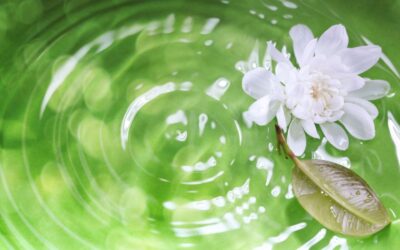Wintertime sniffles are often blamed on the weather, but the real cause might be something that the forecast didn’t mention – the climate in our homes.
Winter allergies have become a growing problem and can be aggravated by spending too much time indoors; symptoms of allergy include sneezing, a runny nose or nasal congestion, coughing, wheezing, and itchy, watery eyes. Allergies develop when your immune system creates defensive antibodies in the presence of certain substances. If you have a fever, sore throat, or purulent nasal discharge, then it is probably a cold.
Common indoor allergens include:
- Dust. Mites, mold, and pollen are all found in dust and can aggravate the immune system, causing the symptoms of an allergy. It is important to vacuum regularly and steam-clean upholstery annually.
- Dust mites. Dust mites are microscopic bugs that are a common cause of year-round indoor allergies. These bugs thrive in bedding, carpets and upholstered furniture.
- Animal dander. Pet dander is very tiny particles of skin that have been shed by animals and can cause acute and/or chronic allergy symptoms.
- Mould. Take a closer look in the bathroom and you might notice that the ceilings are a haven for mould spores. Keep humidity below 40% to prevent mould growth.
- Foods. Eggs, nuts and dairy are common food allergies, along with soy, shellfish and some food additives. Food allergies commonly cause gastrointestinal upset, skin rashes or hives, and respiratory troubles.
A healthy diet is vital for keeping your immune system functioning well.
For a natural allergy-fighting boost include the following in your diet:
- Quercetin: found in onions, broccoli, green or black tea, berries, and grapes. It is known to have anti-inflammatory benefits and may reduce histamine release.
- Vitamin C: a well-known nutrient that can strengthen the immune system and reduce inflammation. Vitamin C is also required to produce the necessary enzymes for histamine breakdown making it a crucial anti-histamine nutrient. The foods containing the highest amounts of vitamin C include: red and green bell pepper, oranges, kiwi, broccoli, strawberries, brussels sprouts, grapefruit
- Bromelain: the natural plant enzyme found in pineapple that is said to possess antihistamine properties.
Antihistamines available from our Dispensary:
- Albizia lebbek: a great herb for seasonal allergies including hay fever, allergic sinusitis, eczema, and asthma. It acts on the mast cells directly, thus inhibiting histamine release and therefore reduces allergy symptoms
- Euphrasia officinalis (Eyebright): great for allergic conjunctivitis (itching, watering eyes), as well as hay fever and allergic sinusitis
- Mixed allergen and Histaminum D200: a homeopathic remedy used for the desensitisation to allergens, specific to South African allergens
- Ribes nigrum: has an anti-inflammatory effect on the mucous membranes and is also used as a general tonic.







